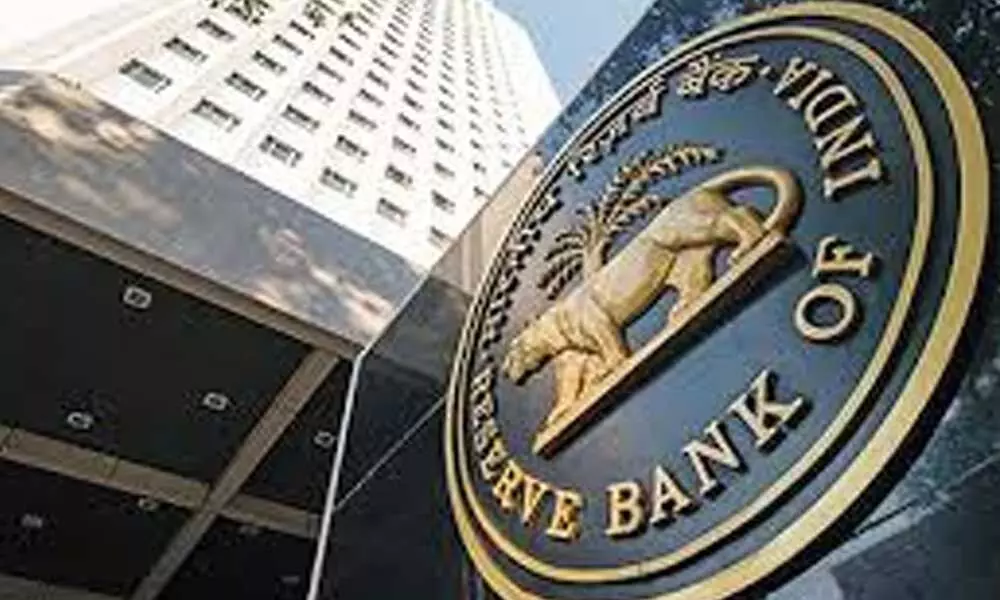Reserve Bank of India decides to sync its accounting year with government's financial year from 2020-21
 Reserve Bank of India
Reserve Bank of IndiaThe Reserve Bank of India (RBI) has decided to align its financial accounting year with the central government with effect from 2020-21.
The Reserve Bank of India (RBI) has decided to align its financial accounting year with the central government with effect from 2020-21. The decision was taken at a meeting of the RBI's central board held in New Delhi that was held earlier in February 2020.
The decision if approved by the government will do away the nearly eight-decades of practice. The RBI, which was established in April 1935, used to follow January-December as its accounting year before it was changed to July-June in March 1940.
The RBI in a statement said that the board has recommended aligning the financial year of the RBI, currently July-June, with the government's fiscal year (April-March) from the year 2020-21. It also approved forwarding a proposal to the government for its consideration.
Published reports suggest that the RBI would prepare a truncated balance sheet of nine months – July 2020 to March 2021 – following it the next full fiscal year of the RBI will start from April 1, 2021.
The decision was made on the recommendation of an expert committee led by the former RBI Governor Bimal Jalan. The committee in its report suggested aligning the RBI's financial year with the government's financial year. The committee said in its report that such alignment of the fiscal years of the two, the government and the RBI, would ensure that the centre will be able to provide better estimates of the projected surplus transfers to the government for the financial year for budgeting purposes. It also found that such an exercise would reduce the need for an interim dividend that it pays to the government and would be restricted to extraordinary circumstances. This would also bring greater cohesiveness in the monetary policy projections and reports published by the RBI, which mostly use the fiscal year as the base.
The move would also put an end to the practice of the exchequer getting an interim dividend from the central bank. Following a different accounting year of the central bank, the centre started a process of demanding an interim dividend till the time the latter's final balance sheet is prepared – usually in August.
















